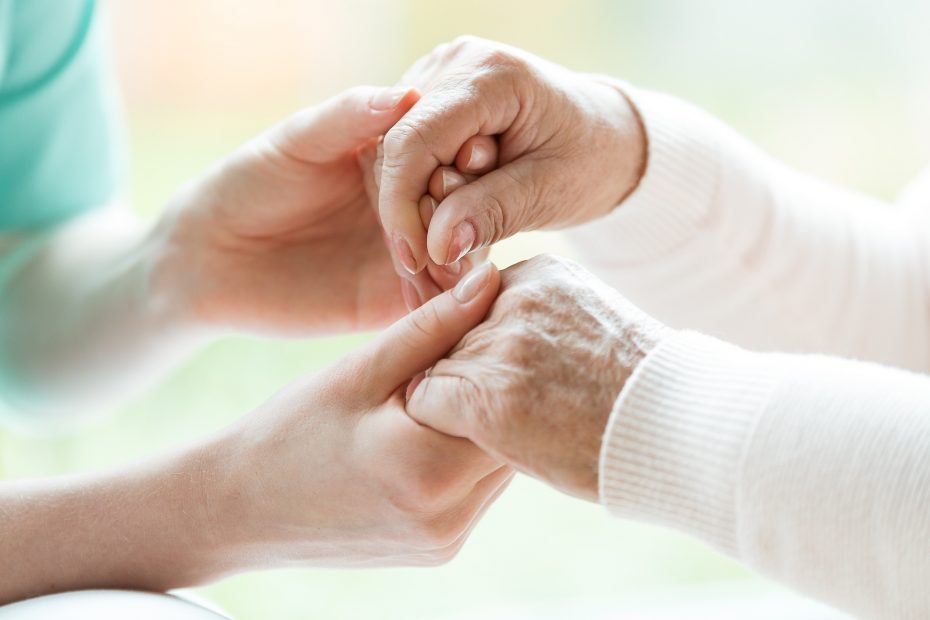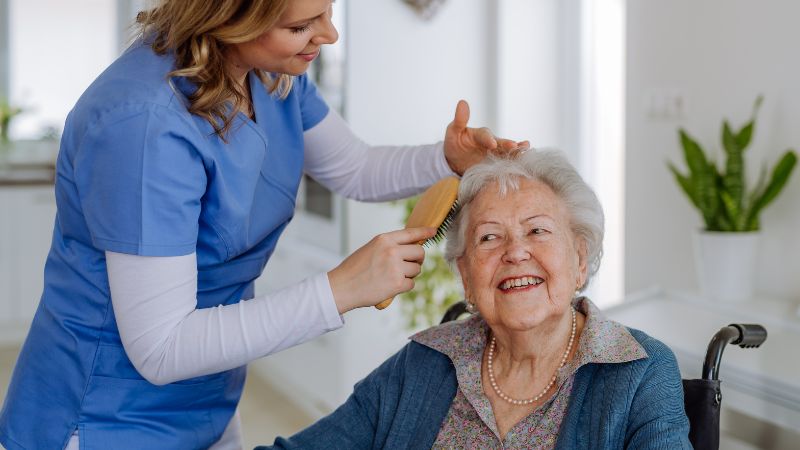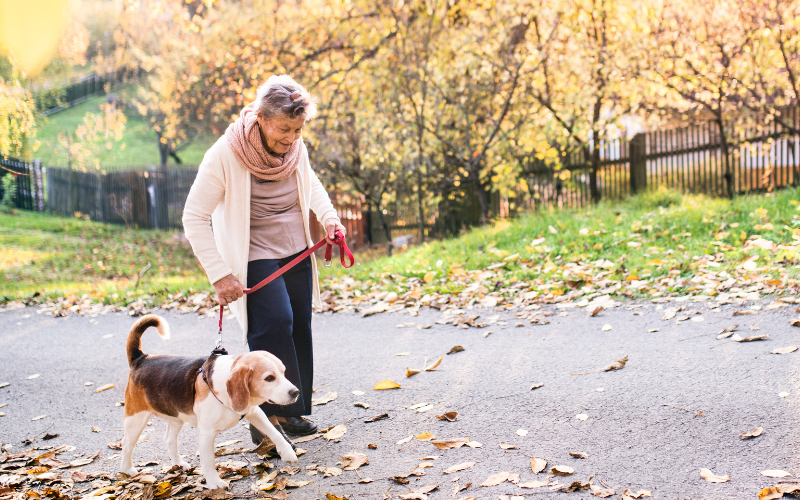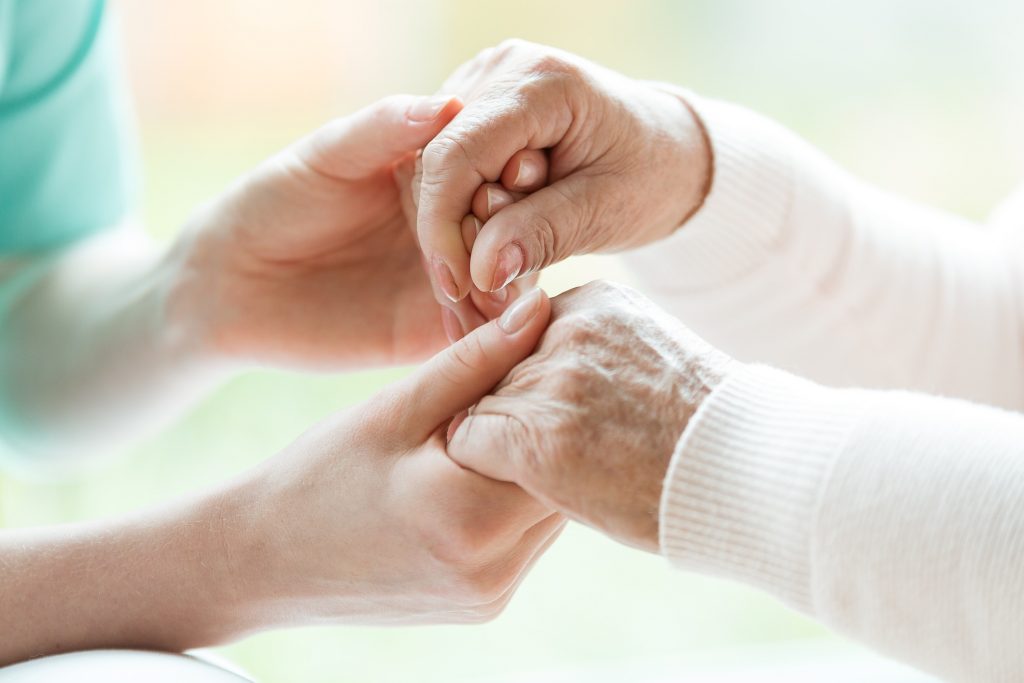
The aging process can be intimidating. As people grow older, changes to cognitive and physical functioning are likely to occur. Especially when seniors age alone, their changing circumstances can introduce new fears. Here are ways to support seniors who face common fears.
1.Fears of Losing Independence
Independence is highly valued, especially among older adults who have worked an entire lifetime to be self-reliant. Physical limitations, however, can reduce the number of activities seniors can accomplish on their own. Losing independence, consequently, is a common fear of the elderly.
Families deal with this fear by giving the senior as much independence as possible, for as long as it is safe. Rather than performing tasks for the senior, families are encouraged to ask how they may help. A supportive approach provides seniors with a sense of control over their lives.
2.Fears of Failing Physical Health
Failing health is another fear experienced by aging individuals. Seniors who become too frail to cook or maintain the home may no longer be able to live independently. These older adults may not discuss with family the change in their abilities due to fear of losing their independence.
This fear may be lessened by letting the senior know that physical limitations are common. In fact, the Institute on Aging reports that 91 percent of seniors suffer from at least one chronic condition. More than half of seniors rely on family members for long-term help.
3.Fears of Declining Cognitive Functioning
Along with a decline in physical abilities, cognitive faculties may wane. Seniors with undiagnosed dementia may develop paranoias or irrational fears. Lewy-body dementia, for example, is linked with visual hallucinations. Conditions that cause deterioration in the brain result in anxieties.
Delirium, too, affects the elderly and may cause the senior to develop confusions, such as seeing animals in the house, or having false beliefs, like fearing someone is stealing their possessions. Medication side effects can also be a trigger for irrational fears.
When a decline in thinking skills becomes obvious, the senior should undergo a medical evaluation for possible dementia or other underlying cognitive impairment. A doctor may discontinue medications that cause problematic side effects. Families should also limit stresses in the senior’s life.
4.Fears of Covid-19
The social isolation that results from the coronavirus pandemic has created a surge of fears in the elderly. As seniors remain isolated at home, they are exposed to news coverage about elderly deaths due to Covid-19. Seniors should seek reliable, rather than sensational, news sources, instead.
While elder health is a primary concern, families are encouraged to listen to their aging loved one’s fears about Covid-19 and reassure them that these worries are normal. Fears are expected during a worldwide crisis. Expressing fears goes a long way toward easing them.
Another way to handle fears associated with the Covid-19 pandemic is to practice mindfulness. For seniors, a mindfulness practice can stem from journaling, listening to favorite music from their childhood, or taking a relaxing bath. Meditation effectively calms fears, too.
Fears may also be quelled by exercise. Physical activity boosts mood and overall well-being, which are crucial during times of increased anxiety and worry. Seniors might take an exercise class at the local senior center or perform online chair yoga in the comfort of home.
When families are too busy to provide the transportation to daily exercise classes, professional caregivers will be well-suited to handle the task. Professional caregivers also accompany seniors on walks around the block, improving confidence, and providing the physical support to prevent falls.
5. Fears of Loneliness and Isolation
Loneliness is a common fear among the elderly, especially as close friends, a spouse or relatives pass away. Fears of isolation are worsened when older adults no longer drive. Seniors spend more time alone, which can lead to bouts of depression and loneliness.
Fears of social isolation and loneliness may be lessened by ensuring the senior has opportunities to socialize. The local county’s senior resources may have a calendar of events. Or, the area senior center is likely to list ongoing social events that will pique interest.
Learn about What to Do If Your Senior Loved Ones are Afraid to be Alone at Night
Family members should accompany an elderly loved one to the senior center the first few times, since joining a new group can be fearful in itself. The senior will start to feel more comfortable and attend senior center events or field trips without an accompanying family member.
In the event family members are unavailable to join elders during the first few senior events, professional caregivers can take their place. Companion caregivers also serve as social outlets right at home. Seniors avoid the pangs of loneliness and isolation when a companion caregiver is nearby.
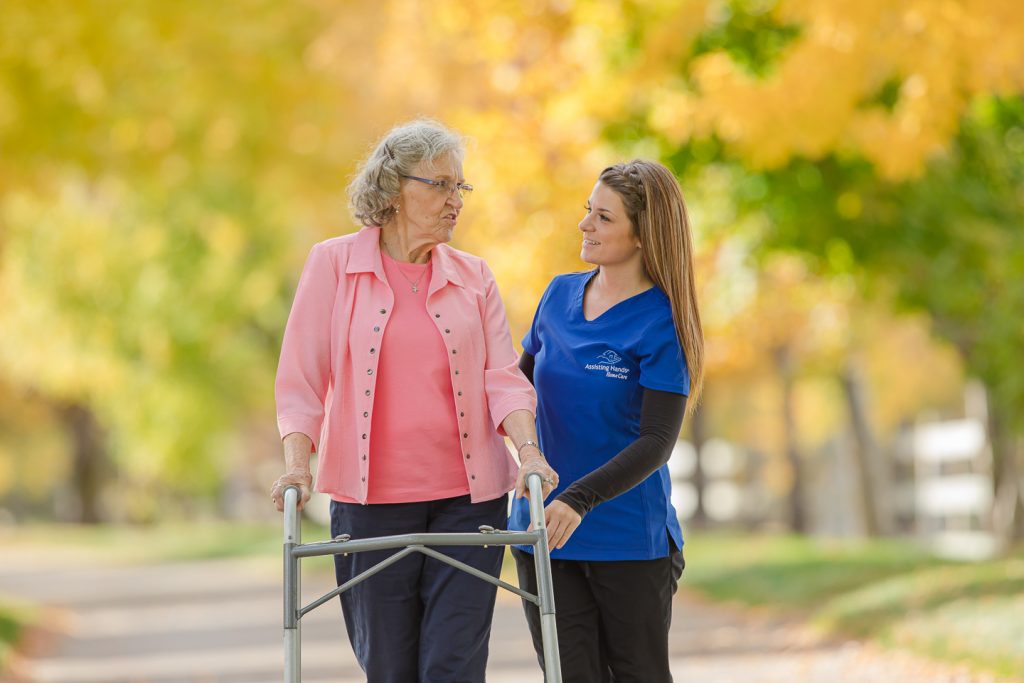
Feeling fearful is common in the elderly. Calming these fears can be achieved with the help of a social support system from Assisting Hands Home Care. We are a reputable home care agency with a team of compassionate caregivers who are prepared to serve as companions to your loved one.
Assisting Hands Home Care professionals are top-notch companion caregivers. We build strong bonds with elderly care recipients by initiating conversations, stimulating their minds with games, learning about their unique life histories, joining them in hobbies, and promoting physical activities they enjoy.
Our caregiving goes beyond pleasant companionship. We offer comprehensive eldercare services, which include support with the activities of daily living. Professional caregivers provide help with personal hygiene tasks, prepare meals, offer transportation, give medication reminders, and perform light housekeeping.
Families have full confidence in Assisting Hands Home Care services, as our professionals are licensed, bonded and insured. Seniors who choose our home care agency have one less fear to overcome, as our caregivers have earned a reputation for providing high-quality elder care.
Compassionate eldercare from Assisting Hands Home Care is available to seniors living in the surrounding areas of Deerfield, IL, Lake Zurich, IL, Lake Forest, IL, Lincolnshire, IL, Vernon Hills, IL, Highland Park, IL, Libertyville, IL, and Round Lake Beach, IL. Your aging loved one will feel less fearful and more comfortable with compatible home care. Call us at (224) 268-9068 to schedule an in-home consultation and start dignified elder care.






